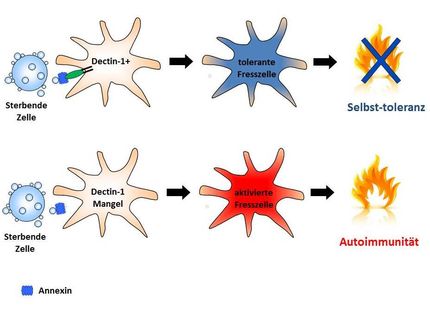AVI BioPharma Presents Antisense Approach to Transplant Acceptance By Regulating Activated Lymphocytes
Advertisement
AVI BioPharma, Inc. (Nasdaq: AVII), today announced it presented data on its NeuGene® antisense approach to transplant acceptance at the 20th International Congress of the Transplantation Society, held in Vienna, Austria, Sept. 5-10, 2004.
The presentation, titled "Antisense Inhibition of cFLIP Promotes Transplant Acceptance by Sensitizing Responding T Cells to Undergo Activation Induced Apoptosis," was presented by AVI senior scientist Dan Mourich, Ph.D. The findings of the study indicate that specific transplant acceptance can be achieved using AVI's antisense approach and that a novel method for promoting transplant survival without long-term immunosuppressive therapy is possible.
When the immune system responds to a foreign tissue transplant, specific immune cells, called lymphocytes, are activated, leading to transplant rejection. During this process a regulatory protein called cFLIP is produced, blocking apoptosis, or programmed cell death, in the activated lymphocytes.
The presentation also highlights AVI's improved Cytoporter(TM) technology for selective delivery of NeuGeneS to the activated lymphocytes. When AVI used its Cytoporter technology to deliver a specific NeuGene designed to block the expression of cFLIP, the activated immune cells underwent apoptosis. This resulted in acceptance of the transplant in the animal model without nonspecific immunosuppression.
"The data presented clearly show that AVI's NeuGene antisense drugs can be designed to selectively target activated lymphocytes and prevent transplant rejection without nonspecific immune suppression," said Patrick L. Iversen, Ph.D., senior vice president of research and development at AVI. "These results suggest that this approach has the potential to improve transplant survival in a wide variety of indications including organ, tissue, bone marrow and stem cell transplantation."




































